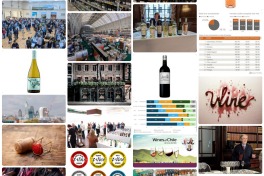Bordeaux
-
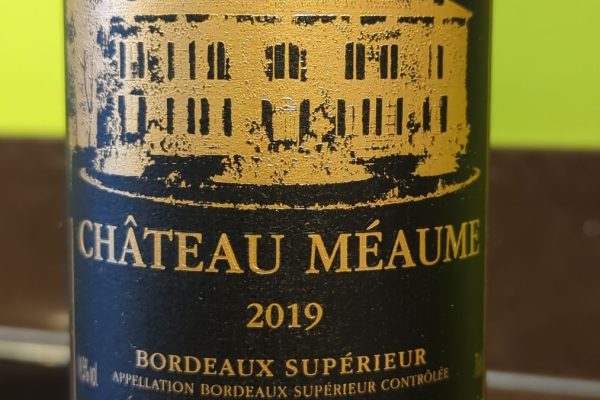
Château Méaume Matured Bordeaux Supérieur
Exclusively available at Majestic, this special release of Château Méaume has been introduced to honour 45 years of partnership between the winery and the retailer. It’s a significant bottle for both, marking a relationship that began in 1980 when the British owners, Alan and Sue Johnson-Hill, attended the opening of Majestic’s very first store. Their…
-
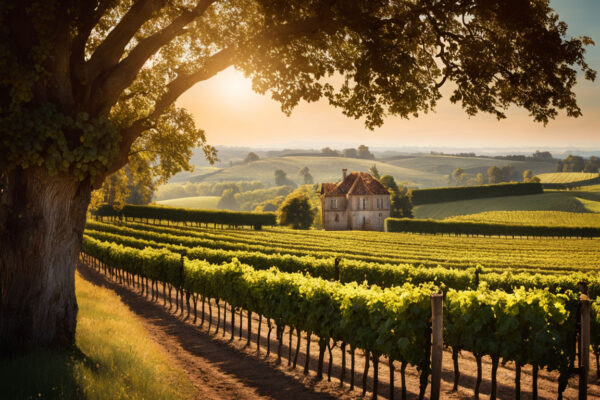
Understanding Cru Bourgeois du Médoc
Building upon the my previous article on Understanding Bordeaux Wines, this piece looks into the world of Cru Bourgeois du Médoc, a classification that offers high-quality yet accessible wines from Bordeaux’s Left Bank. The term Cru Bourgeois has historical roots that trace back to the Middle Ages. During this period, the term “bourgeois” referred to…
-

Comte de Saint Emmanuel
This arrived by accident, a substitute for a bottle that never turned up. The name may sound grand, but it’s a white label name without particular provenance. However, behind it is the producer Amand Chaperon, with grapes coming from the Entre-Deux-Mers region. A blend of Merlot and Cabernet Sauvignon, it promised familiarity, though expectations were…
-
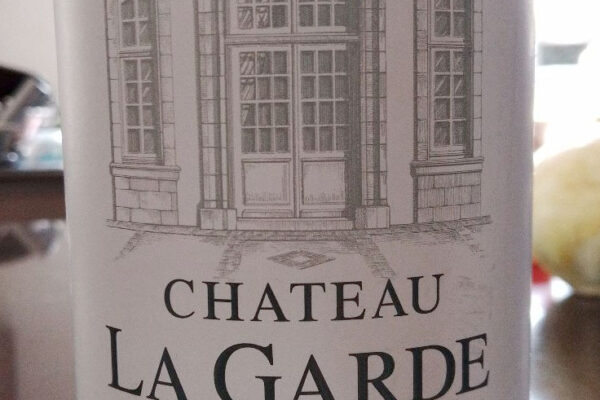
Château La Garde
I picked this up a few months ago from Aldi when it was featured as ‘Wine of the Week’ at a tempting £4.99, though the final price was £5.75 since I happened to be visiting Wales at the time. On a side note, Wales has some peculiar minimum pricing rules and, oddly, even the large…
-
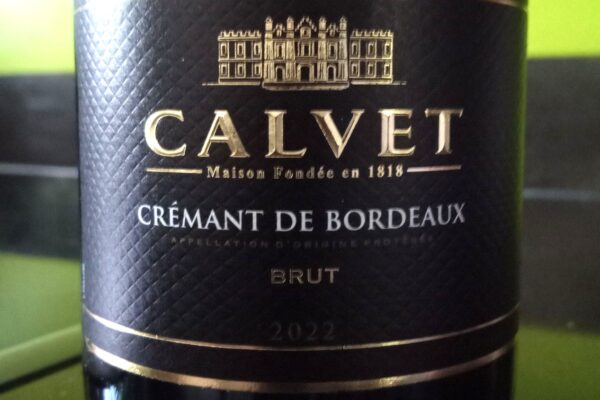
Calvet Crémant de Bordeaux Blanc
This sparkling wine from Bordeaux is a blend of 70% Sémillon and 30% Cabernet Franc, made using the traditional method with the second fermentation in the bottle that lasts for 11 months. This the 2022 vintage and sits at 12% ABV. The bubbles are small and stayed for a very long time, giving it a…
-
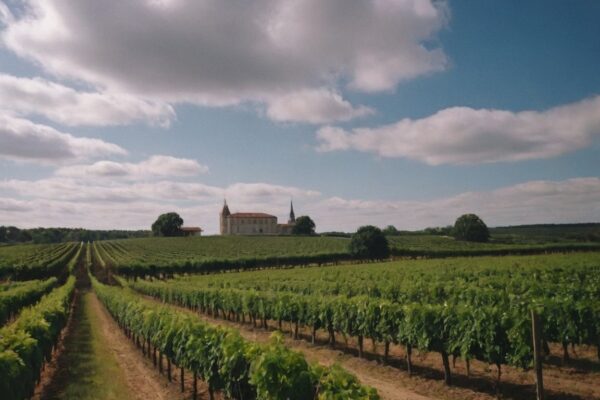
How Climate Change is Affecting Bordeaux Wine Producers
New research examines the impact of climate change on the income of wine producers in the Bordeaux region. The study analyses the relationship between climate variables, vineyard characteristics and economic performance. The findings indicate that rising temperatures and changing rainfall patterns significantly affect vineyard yields and income, with high temperatures during the bloom period (May…
-
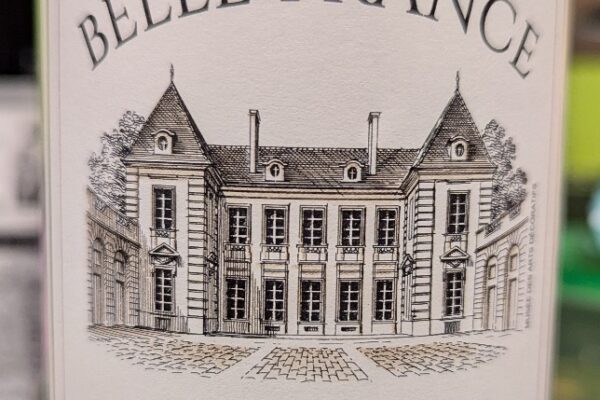
Belle France Bordeaux Rouge
This bottle of Belle France Bordeaux Rouge, purchased as part of Aldi’s Wine of the Week promotion, represents excellent value for money and is almost certainly sold at below cost to get customers into stores. Priced at £9.99, and reduced to only £4.99, which is quite a bargain for a Bordeaux. The wine is a…
-
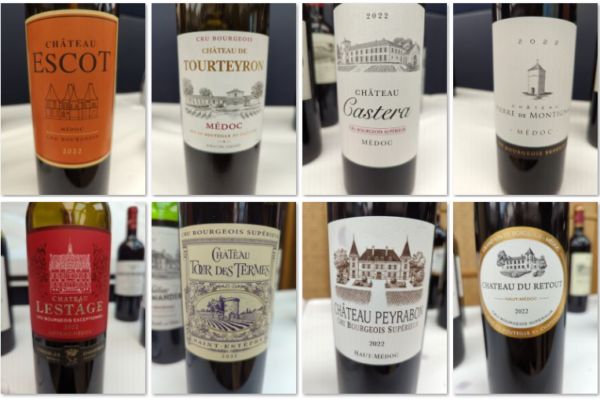
Cru Bourgeois du Médoc
In mid-November 2024, I attended a Cru Bourgeois du Médoc tasting event in London, featuring a selection of 64 wines from the 2022 vintage. Roughly 60% of the wines presented were seeking representation, making it an interesting event for industry professionals and wine merchants on the lookout for new additions. I’ve put together a short…
-
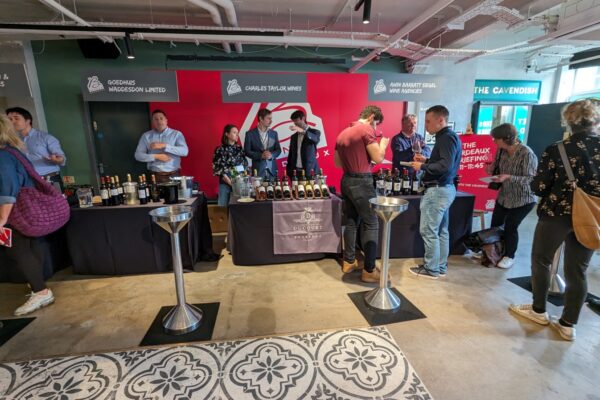
The Bordeaux Experience
On 1st May 2024, the inaugural event of Vins de Bordeaux’s new global campaign, ‘The Bordeaux Crew’ came to London, designed collaboratively by the region’s winemaking community. This initiative was supported by the Bordeaux Wine Council (CVIB) and aimed to engage both the wine industry and enthusiasts. The event showcased a curated selection of over…
-

The Decline of Bordeaux Wine
The Bordeaux wine region of France is currently facing a myriad of challenges that threaten its position in the global wine market. Red wine consumption in France has seen a significant decline in recent decades. Many French consumers are now opting for alternative beverages like beer. While premium Bordeaux wines continue to find buyers, the…
Did You Know?
For Crémant, grapes must be harvested by hand and the wines must undergo at least nine months’ ageing before release. More
In 2024, the UK was the second-largest export market for Champagne globally, after the United States. More
Local UK bottling of wine represents about 40% of imported wine. More
Around 1% of people, typically severe asthmatics, have a sulphite sensitivity. More
A large 80% of Australian wine arrives in the UK in bulk. More
Only about 0.02% of Australia’s landmass is dedicated to vineyards. More
In 2024, New Zealand produced only 1% of the World’s wine. More
In 2024, the US imported 37% of World production of Pinot Grigio and the UK was is in second place at 27%. More
In 2024, the UK was South Africa’s largest export market, with 40% of total exports. More
In 2024, the United Kingdom imported 22.3 million bottles of Champagne, a decline of 12.7% compared to the previous year. More
Larger Champagne producers source grapes from as many as 80 different vineyards throughout Champagne. More
Champagne houses and growers collectively produce around 300 million bottles annually. More
In 2025, the Champagne region was home to about 2,124 Champagne houses and approximately 19,000 growers. More
Provence is one of the leaders in the conversion to organic viticulture, with 61% of vineyards certified. More
8% of the South Africa’s grape production is Fairtrade-certified. More
Up to 80% of wine aroma compounds come from grape skins. More
Glycerol is the third-largest component of most dry wines after water and alcohol which is why they so often feel ‘smooth’ or ‘silky’ in the mouth. More
Humans are more than 400 times more sensitive to bitter than sweet. More
Humans can detect the earthy molecule geosmin at about 100 parts per trillion and camels are so sensitive to it they can locate damp ground from roughly 50 miles away. More
During the phylloxera crisis of the nineteenth century, 90% of Europe’s vineyards were destroyed. More
In 2025, for La Vieille Ferme, also known as “The Chicken Wine”, sales surged by 49.4% to £110.8 million. More
In 2025, in the UK, Yellow Tail held the top position with sales, marking a 9.8% increase over the previous year. More
In 2024, the UK was the second-largest wine importer in volume and value. More
In 2024, the UK was the fifth-largest wine-consuming country globally. More
In 2025, global wine consumption continued its downward trend, estimated at 214.2 million hectolitres, the lowest since 1961. More
In 2025, online alcohol sales had a 20% increase in value over five years. More
In 2025, the number of UK vineyards rose to 1,104 and wineries to 238, with land under vine expanding to 4,841 hectares, a 510% increase since 2005. More
Moët Hennessy alone commands nearly 46.66% of the Champagne market, with the top three producers together holding about 61%, and the top five controlling over 72%. More
In 2024, the Champagne market was worth roughly €3.92 billion. More
In the marketing year 2023/24, white wine accounted for roughly 55% of Spain’s output, whereas red and rosé together made up about 45%. More
In the UK, 92% of wine is consumed within 48hrs of purchase. More
The majority of wines, 95%, use commercial rather than wild yeast. More
Between 0.5 and 10 litres of water, per litre of wine, are needed for cleaning during winemaking. More
Machine harvesting can achieve up to 100 tons of fruit per day vs 1 ton for a human. More
In Germany, 2025 was the smallest wine vintage since 2010. More
The majority of vineyards, 90% in 2019, are farmed with heavy chemical interventions. Only 6% are organic. More
90% of low and coastal areas in south Europe and California will no longer be able to produce good wine by the end of the century. More
IMAGE WALL
Tools
Recent
-
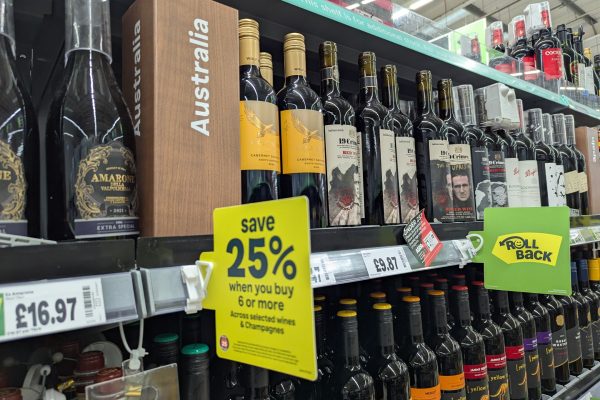
25% Off Wine at Asda
-
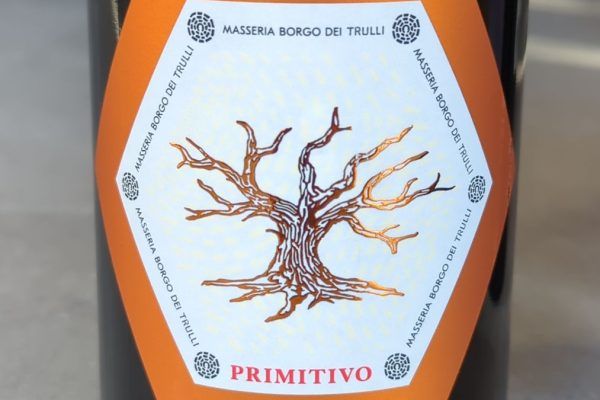
Lucale Primitivo Appassimento
-
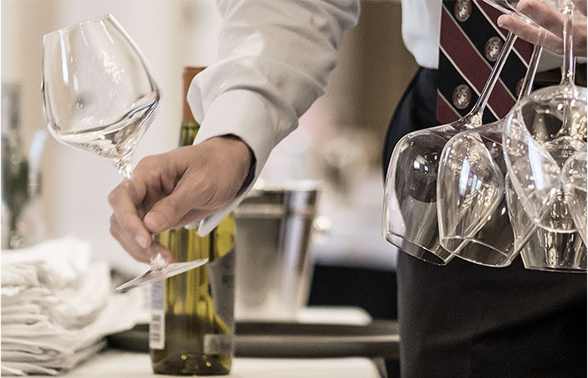
UK’s Top Restaurant Wine Lists Revealed
-
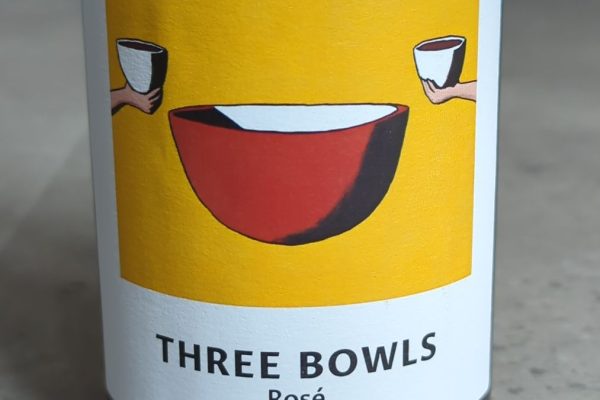
Three Bowls Rosé
-
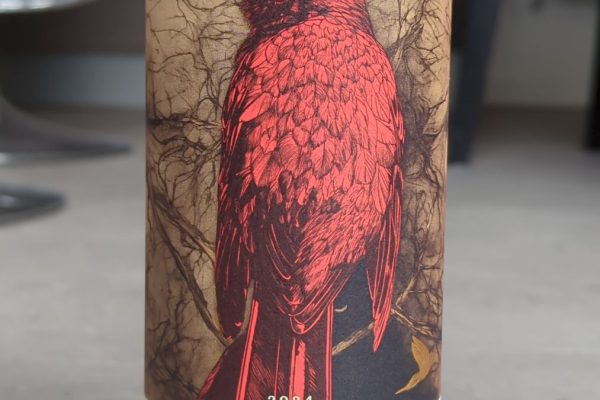
Salvio Ribera de Duero
-
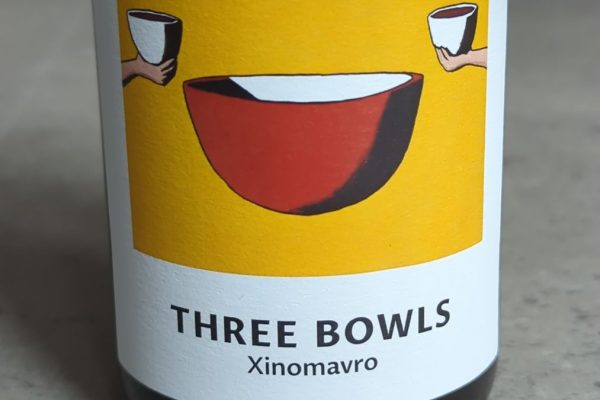
Three Bowls Xinomavro
-
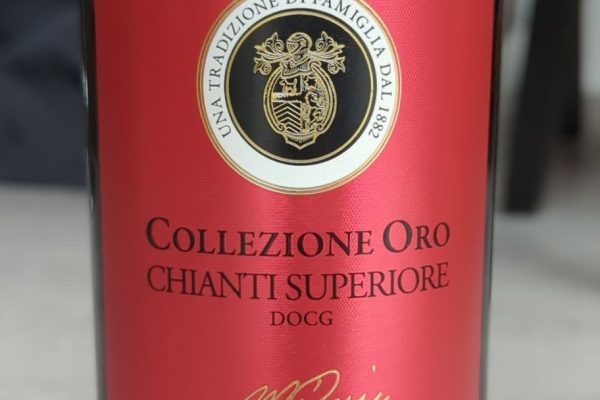
Piccini Collezione Oro Chianti Superiore
-
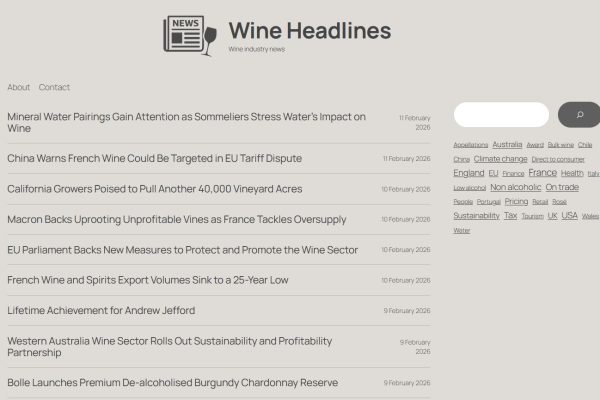
Introducing Wine Headlines: Daily Industry News
-
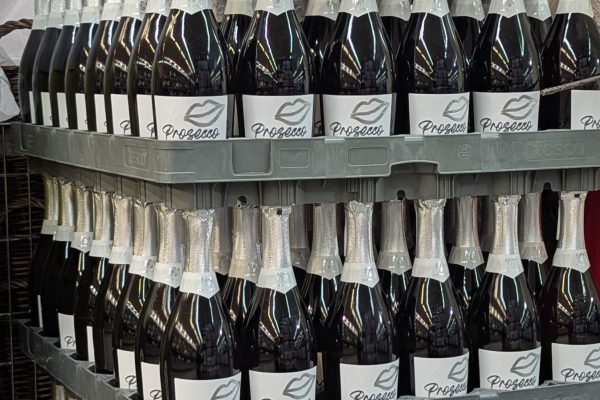
Wales to Raise Minimum Alcohol Price to 65p per Unit
-
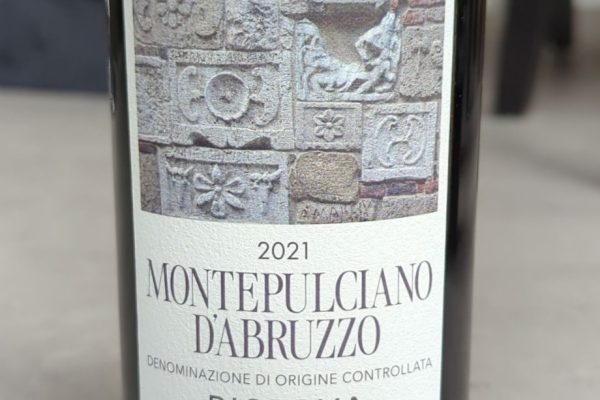
Irresistible Montepulciano D’Abruzzo Riserva
Tags
25% Off Wine Aldi Amarone Argentina Articles Asda Australia Award Awards25 Bibendum Bizarre Blog Books Bordeaux Bulk Bottling Cabernet Sauvignon Carménère Cava Champagne Chardonnay Chenin Blanc Chile Climate Change Coop Decanter Duty English Wine EPR Events Fairtrade Food France Germany Glossary Greece Headaches Health Hungary Italy IWSC Jeroboams Laithwaites Legislation Liberty Wines Lidl Low Alcohol M&S Majestic Malbec Merch Merlot Morrisons Natural News New Zealand Non-Alcoholic Ocado Old Vine Organic Past Tastings Pinotage Pinot Noir Port Portugal Primitivo Prosecco Regulations Reviews Ribera del Duero Riesling Rioja Ripasso Rose Sainsbury's Saperavi Sauvignon Blanc Selfridges Shiraz Sicily South Africa Spain Sparkling Supermarkets Sustainable Tax Terroir Tesco The Wine Society Unrepresented USA Valpolicella Virgin Wines Waitrose Wanderlust Welsh Wine What to Buy Wine Art WineGB WIne Glasses Zinfandel




